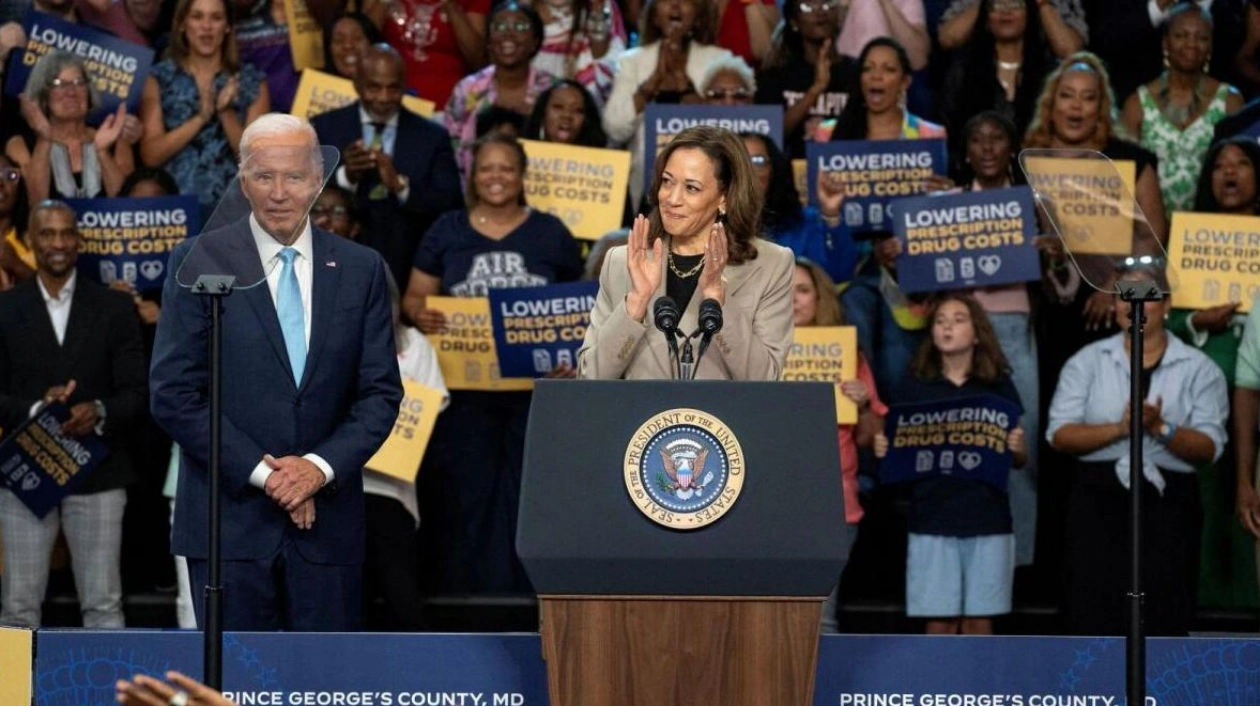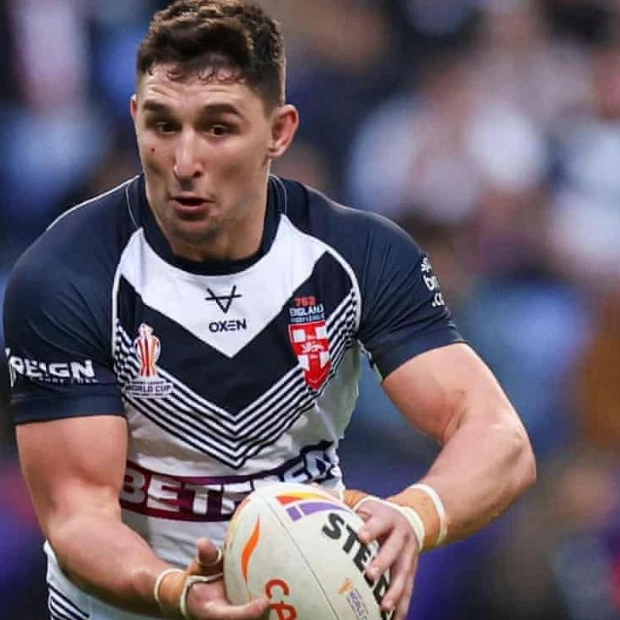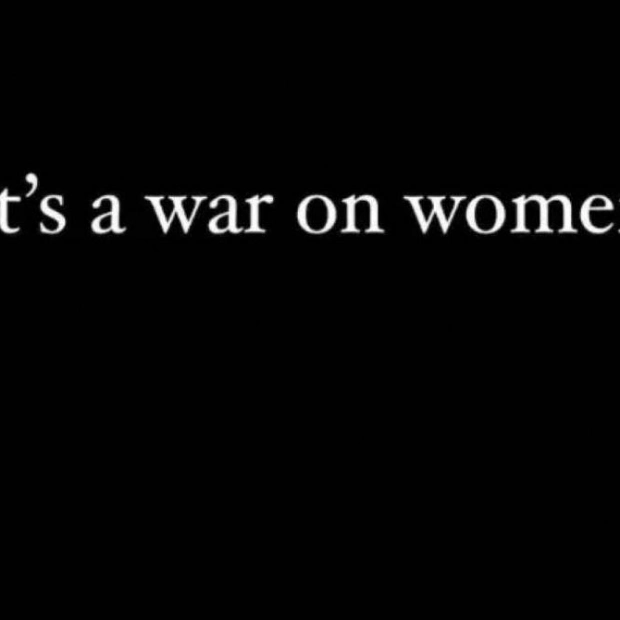Is America prepared to elect a Black woman as its president? Vice-President Kamala Harris, who is set to be officially confirmed as the Democratic US presidential nominee in Chicago next week, is optimistic that it is. "Throughout my career, I've been told when I ran... that people aren't ready, it's not your time, no one like you has done this before," the Democrat recalled in 2019 during her primary campaign against Joe Biden. "I haven't paid attention to such remarks and I advise others not to either." However, Harris's campaign failed to gain momentum and she exited the primaries before Biden chose her as his running mate.
If Harris, 59, succeeds in defeating Donald Trump in November, she will be the first woman and the second Black person, following Barack Obama, to lead the world's foremost power. Harris is already a pioneer in many respects. Born to an Indian mother and a Jamaican father, she was the first woman to be elected as California's attorney general, and the first African American and Asian American to hold that position. She later became the first vice president in US history to fall into those same categories.
A survey by the Pew Research Center, a Washington-based think tank, published in September 2023, revealed that for most Americans, gender is not a factor in presidential selection. Sixty percent of respondents believed that a female president would manage pressure as effectively as a man, while 27 percent thought she would do even better. "While female leadership — as presidents, queens, prime ministers, and heads of state — is commonplace in many parts of the world, including Europe, Asia, South America, and African nations, the United States has yet to see this," noted Sonia Gipson Rankin, a law professor at the University of New Mexico.
She highlighted that despite Democrat Hillary Clinton losing the electoral college and thus the presidency to Trump in 2016, she won the popular vote. Regina Bateson, a political science professor at the University of Colorado Boulder, suggests that voters' biases are not necessarily the problem. "Often, the issue is not that voters are biased," Bateson explained. "It's that party insiders, delegates, and political donors fear that voters will be biased." This leads them to withhold support from a woman of color, a phenomenon Bateson terms "strategic discrimination," which typically surfaces during the primaries when a candidate must prove their ability to appeal to diverse voter groups.
Harris, however, stepped into the race after Biden, 81, withdrew, thereby avoiding the need to convince people of her electability during the primaries. Supported by her running mate, Minnesota Governor Tim Walz, a 60-year-old white man, Harris aims to earn the trust of all Americans, irrespective of ethnicity or gender. Some are already on board, like the group 'White dudes for Harris,' which organized a Zoom fundraiser in late July that attracted nearly 200,000 participants and raised over $4 million.
Donald Trump quickly criticized his Democratic opponent over her background. The billionaire accused Harris of "turning Black" recently to gain electoral favor. Harris, who has always celebrated her Black and Asian heritage, rebuked Trump for his "divisiveness and disrespect." Former president Trump's running mate, J.D. Vance, faced criticism when a 2021 video reemerged where he disparaged the Democratic Party as being led by "a bunch of childless cat ladies who are miserable in their own lives... and want to make the rest of the country miserable too."
Harris is married to Douglas Emhoff and has helped raise his two children from a previous marriage. She does not have biological children of her own. Vance's remarks sparked a backlash amplified by Hollywood stars like Jennifer Aniston and Glenn Close, and were widely seen as a political blunder in a country with a historically low fertility rate. Vance has since attempted to clarify his comments, stating they were taken out of context.






